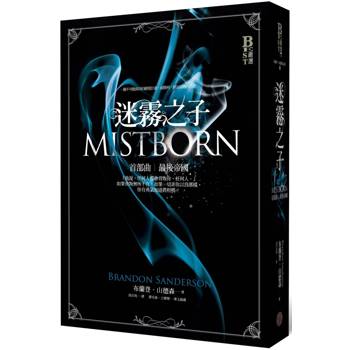Did you know that ancient Egyptians mummified beef ribs for their dearly departed to enjoy in the afterlife? That Roman gladiators were relegated to a vegan diet of grains and beans? That the fast-food hamburger was a result of a postwar, high-efficiency work ethic?
This snackable collection of essays is a chronological journey through the culinary history of humankind, packed to the brim with juicy tidbits. With author Uta Seeburg as your guide, you’ll learn how certain dishes serve as windows into broader historical trends and the cultural values of the people who first invented them. As you read, you’ll discover why:
- Nomads in ancient Syria were deadly serious about hospitality
- A 16th-century cookbook author argued that beavers should be considered fish
- Roasted swan was the centerpiece of choice in 1650s high society--despite tasting awful
- A Portuguese princess was responsible for popularizing tea in England
- A king had to order his subjects to eat potatoes
. . . and much more. Foodies and history buffs alike will savor every amusing yet educational historical snapshot, from how a bureaucratic society fixated on record-keeping brought us one of the oldest recorded recipes (lamb stew with barley and onions) to how modern-day chefs are turning invasive species into haute cuisine. How Would You Like Your Mammoth? is a fascinating look at how the food we eat defines us--and always has.








 你在媽媽肚子裡的樣子 [精美書盒典藏版](1:1真實比例小寶寶立體書,呈現媽媽懷胎九月的胎內樣貌)](https://www.books.com.tw/img/001/101/92/0011019261.jpg)


